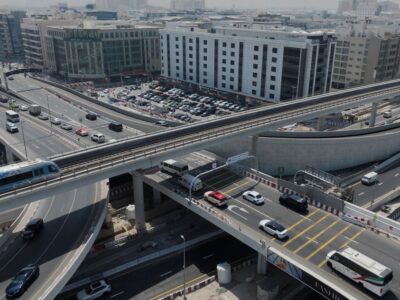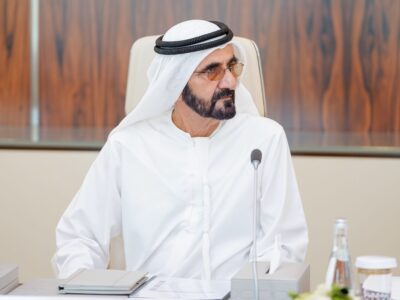UAE astronaut Sultan Al Neyadi, who is currently on the longest-ever Arab space expedition aboard the International Space Station (ISS), will wrap up his six-month mission successfully by returning to Earth on September 3.
According to NASA, the SpaceX Dragon spacecraft, carrying Crew-6, which includes Al Neyadi, is scheduled to detach from the ISS on September 2.
The spacecraft is expected to make a splashdown off the coast of Florida, USA, on September 3.
UAE astronaut Sultan Al Neyadi conducts over 200 scientific experiments
During his time aboard the International Space Station (ISS), Al Neyadi conducted over 200 scientific experiments, with his latest endeavour focusing on a host-pathogen study.
This research aimed to explore how astronauts’ immune systems interact with microbial pathogens within the ISS environment.
The host-pathogen study involved the collection of biological samples to examine the interaction between astronauts and potential microbial threats in the space station.
This investigation sought to provide insights into the impact of stress hormones and the reactivation of latent viruses on astronauts’ immune systems.
Blood samples from Al Neyadi were collected to analyse his immune system’s response to spaceflight.
The study also delved into how dormant pathogens, such as those responsible for chickenpox in children and shingles in adults, could affect immunity when activated.
Adnan Al Rais, Mission Manager of the UAE Astronaut Programme, emphasized the significance of this research in advancing space biology knowledge.
He noted that it could enhance our ability to safeguard astronauts’ immunity in space and contribute to space healthcare.
Al Neyadi’s participation in this groundbreaking experiment set a benchmark for international space sciences. Samples indicating the body’s suppressed immune state were gathered and frozen aboard the ISS.
These samples, along with pre- and post-flight samples representing the normal state of the immune system, were sent to the Johnson Space Centre.
There, they were co-cultured with two types of bacteria—regular and space-conditioned—to further study their interactions.
The host-pathogen experiment represented a significant step in understanding how pathogens interact with human immunity in space.
Its findings could have implications for enhancing the comprehension of the immune system’s response to bacteria under both normal and microgravity conditions.
This research could potentially offer solutions for viral infections not only in space but also on Earth.
The UAE Astronaut Programme falls under the umbrella of the UAE’s National Space Programme and is funded by the ICT Fund of the Telecommunications and Digital Government Regulatory Authority (TDRA). Its mission is to support research and development in the UAE’s ICT sector and enhance the country’s global presence in this field.





